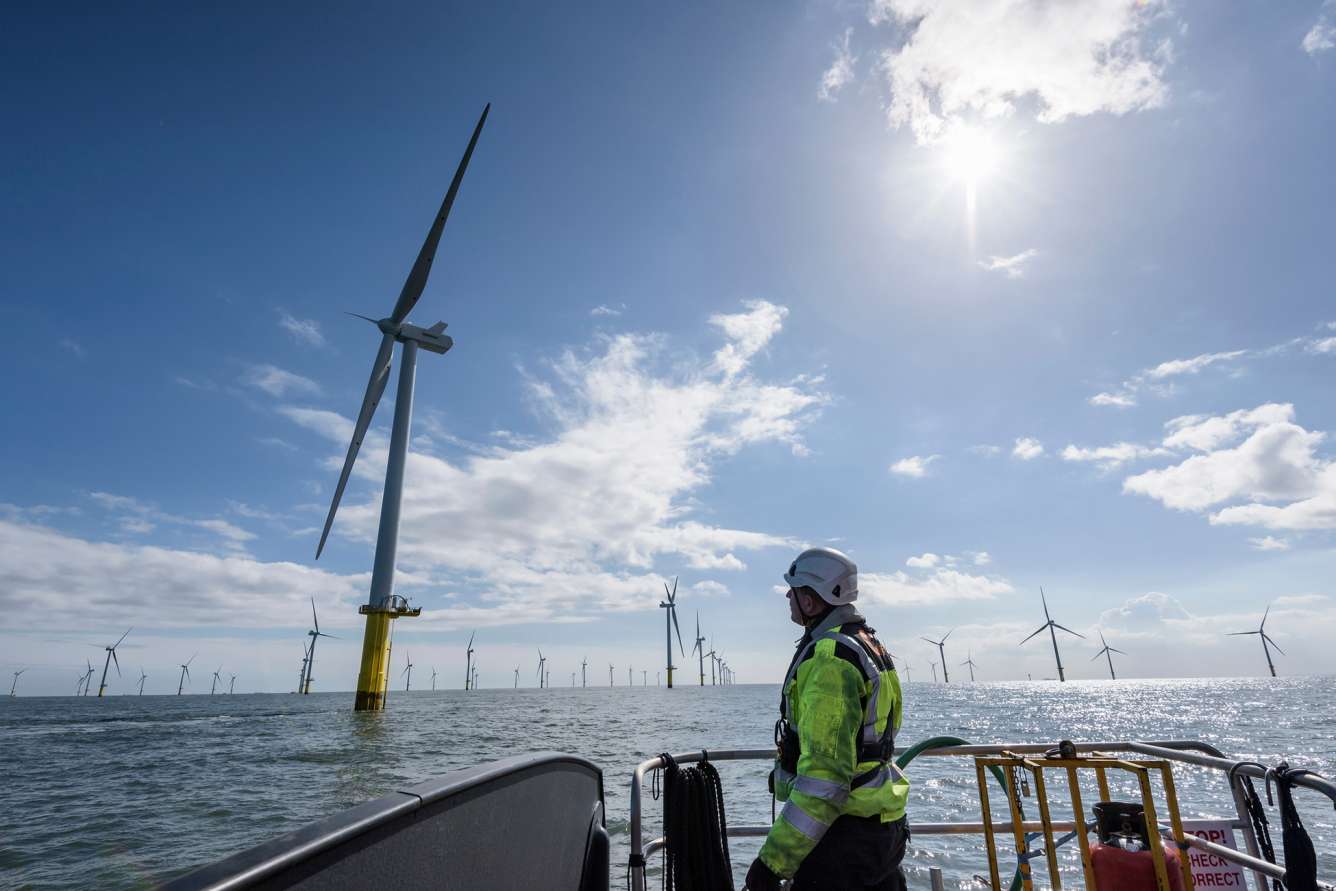There’s no doubt that harnessing data and utilising technology is critical in tackling this crisis. We’re already used to using data to assess companies’ environmental, social and governance credentials; now we’ve taken things a step further.
At LGIM, we are partnering with Baringa Partners to use their global Climate Change Scenario Model as the foundation of the bespoke climate risk framework that we have co-developed. The partnership leverages Baringa’s 20 years of experience in climate risk and transition, as well as XDI’s leading physical risk solution.
Destination@Risk draws on this Climate Change Scenario model to measure the climate risk and climate alignment in investors’ portfolios. The framework has initially been used to analyse 2,000 companies around the world and has found that the majority are not aligned with the objectives set out as part of the Paris Agreement, which aims to limit the global temperature increase to 1.5°C by 2050. It also identified a number of sectors as having significant risk concentrations, confirming that climate presents a significant and material risk for long-term investors.
“Climate change is one of the biggest risks that investors are facing today, with $10 trillion of capital invested worldwide in the globally listed sectors. This is amongst the most vulnerable sector in investor portfolios when it comes to the energy transition required to meet the Paris Climate agreement by 2050,” explains Sonja Laud, Chief Investment Officer, LGIM.
Inaction on the climate catastrophe we all face is not an option. To tackle this looming crisis, the collective ‘we’ must act now. We are not naming to shame, we are naming to change. By making our climate change programme even more ambitious in the renewal of our Climate Impact Pledge, we truly believe we can work with other companies and their people to create a better tomorrow.
Source: LGIM Climate Impact Pledge, 14 October 2020
